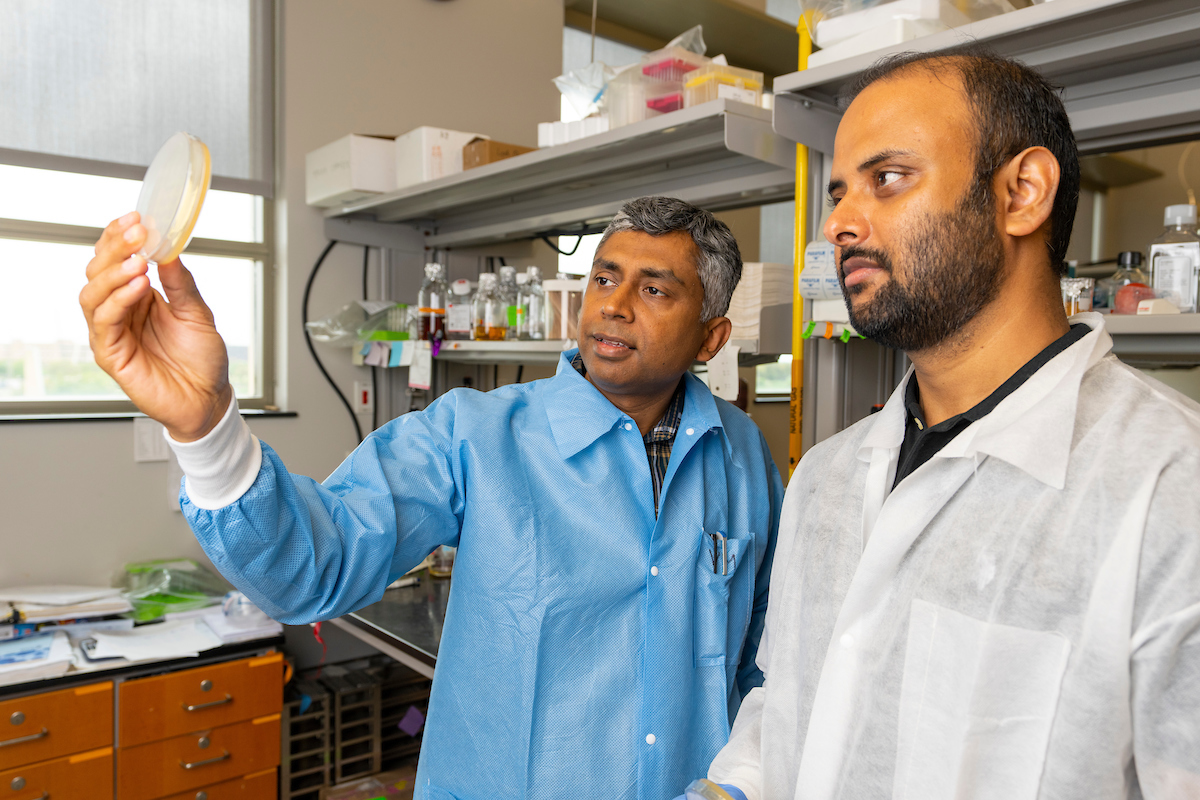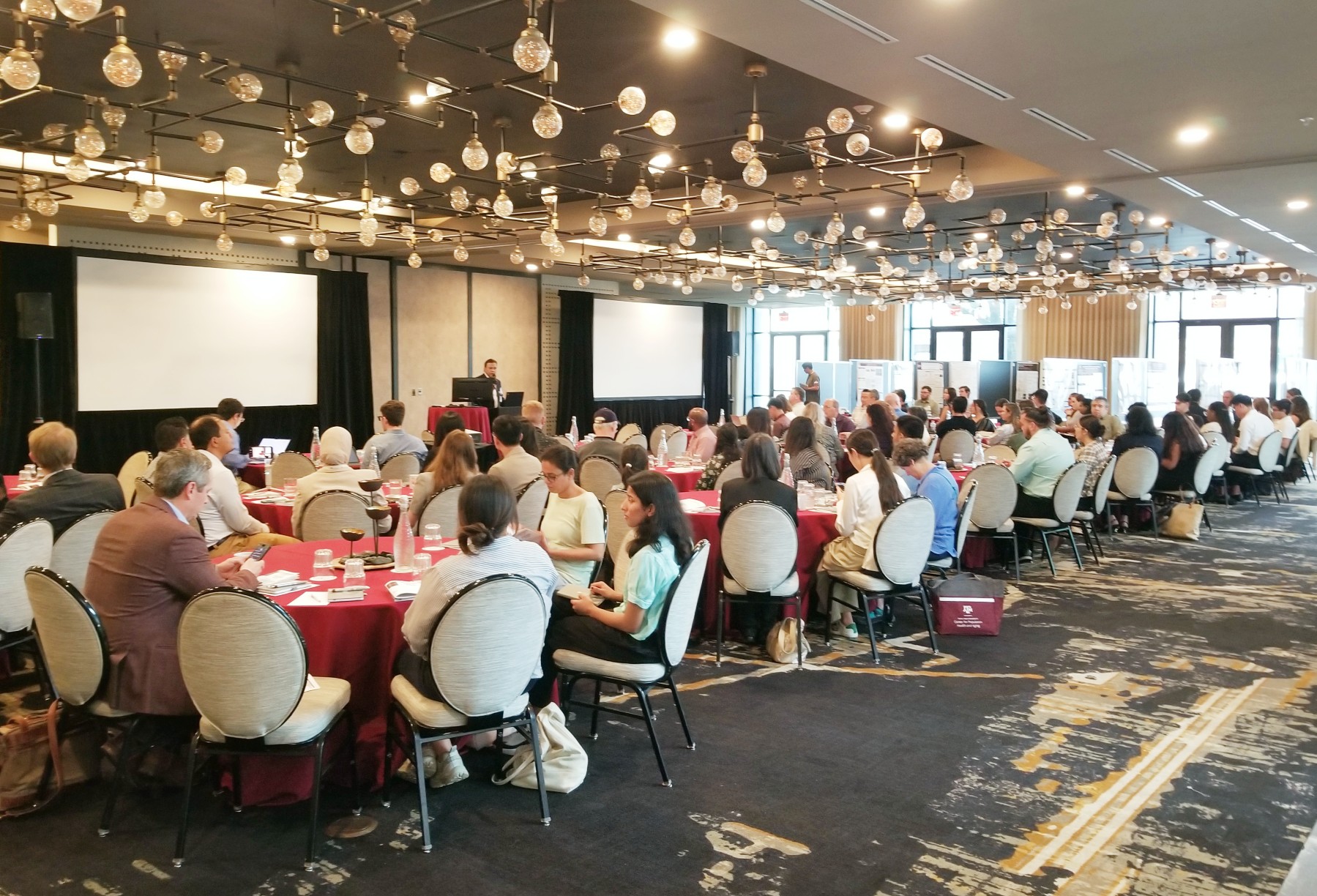Texas A&M AgriLife researchers receive cancer prevention research award
Chapkin, three others receive award to investigate colorectal cancer prevention
COLLEGE STATION — Dr. Robert Chapkin, distinguished professor, Regents Professor and Texas A&M AgriLife Senior Faculty Fellow in the department of nutrition and food science, and three other Texas A&M researchers have received a research award for prevention and early detection of cancer.

The award was provided by the Cancer Prevention and Research Institute of Texas, which recently gave 73 new grants totaling approximately $112 million — 60 grants through its academic research program, 12 through its prevention program and one through its product development research program.
According to the institution, the prevention awards, which totaled more than $13 million in the new round of funding, “support a range of prevention services for underserved populations in Texas,” which include broadening access to colorectal cancer screenings.
The $890,840 grant will be used for investigations relating to how bacteria present in the human gastrointestinal tract modulate colon cancer in a high-fat diet, Chapkin said. The research will be a four-way collaboration involving Chapkin as primary investigator. Other researchers will be Dr. Clinton Allred, Texas A&M AgriLife Research and College of Agriculture and Life Sciences; Arul Jayaraman, Texas A&M Engineering Experiment Station; and Stephen Safe, AgriLife Research and Texas A&M College of Veterinary Medicine.
“It is becoming increasingly clear that the intestinal bacterial community plays an important role in human health,” Chapkin said. “Alterations in the bacterial community composition and function have been correlated to several diseases including cancer, insulin resistance and diabetes, and autism. However, very few studies have accounted for the role of the intestinal bacteria, specifically the molecules that it produces due to metabolism, in cancer prevention and treatment.
He said previous studies have shown that body mass index is strongly associated with risk of colon cancer and disruptions in intestinal stem cell responses represent the first step in the formation of tumors in the colon.
“The aryl hydrocarbon receptor is important in this tumor formation,” Chapkin said. “We propose that metabolites generated by the intestinal bacteria are important in controlling colon tumor formation through this receptor by acting on intestinal stem cells.”
He said identifying these molecules will provide novel preclinical candidates for colon cancer prevention and possibly even treatment of colorectal cancer.
Chapkin and his collaborators have already conducted laboratory research on the impact of dietary fat and fiber on the cellular “signaling cascades” in the colon. His lab is involved in systems biology and the molecular-level modeling and understanding of the dynamic relationship between diet and biological molecules, which regulate colon cancer development.
Chapkin’s research focuses on colon cancer prevention by investigating the impact of dietary fat, fiber and phytochemical status on disease processes. He and his collaborating researchers have been involved in investigations on the effects of nutrients on the inhibition or activation of genes that are involved in the development of cancer in humans.
In his research, Chapkin has demonstrated the impact of omega-3 fatty acids on the transmission of information that alters physiological responses that ultimately determine the risk for developing colon cancer. He also has developed non-invasive methodology for monitoring global changes in intestinal gene expression, which has generated a patent as well as a National Institutes of Health initiated and sponsored clinical intervention trial.
He and research collaborators are also investigating the mechanisms by which dietary lipids and phytochemicals affect the immune system, including the role of lipids as mediators of chronic inflammation.





